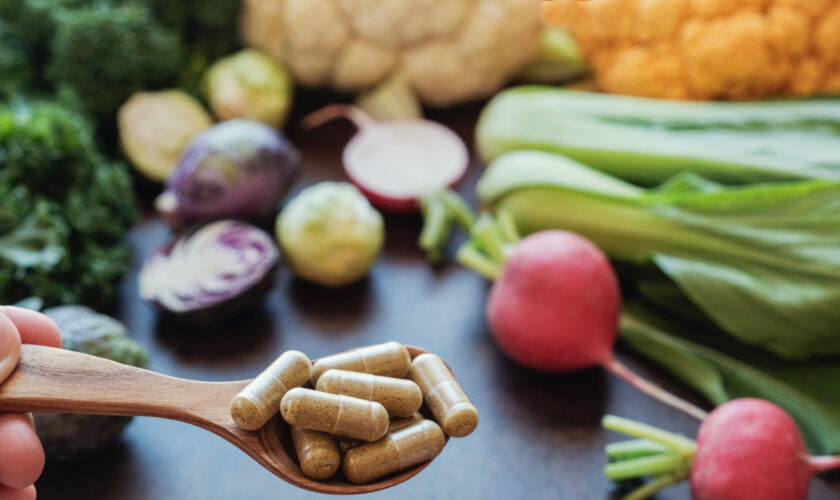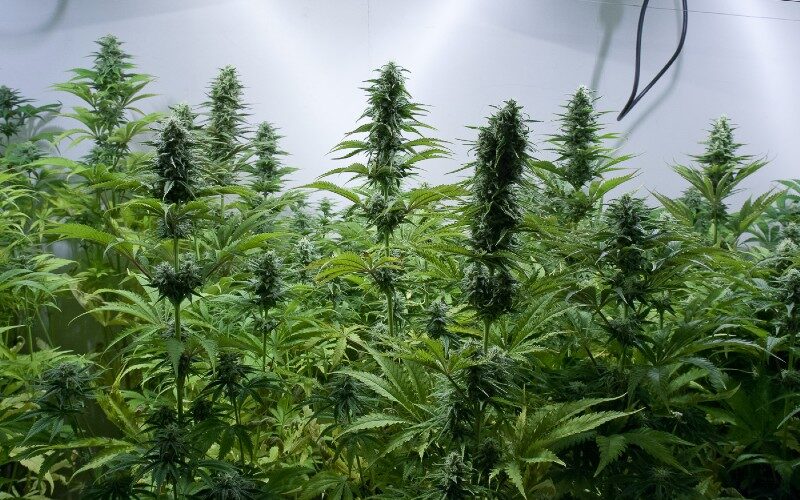Food supplements such as SNAC nutritions for example, also known as dietary supplements, complement your general nutrition, a concentration of nutrients, or other substances that have a physiological or nutritional effect. Supplements are available in pill, capsule, powder, or other forms.
What Kind Of Supplements Are There?
There are many different types of dietary supplements on the market, and they can be divided into the following categories:
Vitamins and provitamins:
folic acid, vitamin C, vitamin E, B vitamins
Macro elements and trace elements: calcium, magnesium, iron, chromium
- Carbohydrates: Compounds of fructose and glucose
- Flavonoids
- polyphenols, carotene, lycopene
- Vegetable extracts: pomegranate extract, cranberry extract
Enzymes: enzymatic hydrolysis of proteins and sugars, such as lactase
- Vitaminoids: substances with an action similar to vitamins such as flavonoids, coenzyme Q10
- Amino acids and derivatives: L-arginine, L-carnitine, taurine
- Mineral supplements: silica, dolomite
- Other food supplements: probiotic cultures, yeast extract
Do I Need Food Supplements?
If you follow a balanced diet, you probably do not need dietary supplements. Still, there are times in life (such as growth, pregnancy, lactation, or old age) when many people need more vitamins, minerals, trace elements, and the like. These are some of the times when supplements should be taken. Some diseases, restrictive diets (such as vegan), food sensitivities (such as lactose intolerance), or heavy alcohol or tobacco use can lead to nutritional deficiencies. Supplements can have a positive effect on the symptoms of many diseases.
That is good to know
Before taking dietary supplements, you should take a blood test and discuss the results with your doctor. If you already get enough nutrients through your diet, you don’t need to take supplements. Do you have nutritional deficiencies? Depending on the degree of deficiency, your doctor may recommend that you include certain foods in your diet or may prescribe supplements.
How Much Should I Take?
Supplements contain substances with a transformative function in the body: they influence metabolism, cell division, and cell growth. Because of this, an overdose can be dangerous.
Multivitamin overdose can damage your organs. Too much vitamin A can cause skin and liver problems; too much vitamin C can negatively affect your digestion or cause kidney stones; too much vitamin K can decrease the effect of anticoagulants.
Where Can/Should I Buy The Supplements?
Today, in supermarkets, Para pharmacies, or pharmacies, you can buy food supplements everywhere. But here’s the danger: many of these substances are poor quality or contain the wrong dosage. We should be cautious with plant extracts because they can have a negative effect on essential processes in the body. You should only buy supplements recommended by professionals, such as at the pharmacy.
What Does The Science Say About Taking Supplements?
The results of several studies have shown that taking dietary supplements preventively does not provide any health benefits, nor does it guarantee that you will live longer. It’s the other way around: as discussed above, taking too many supplements or when you don’t need them can cause health problems.

